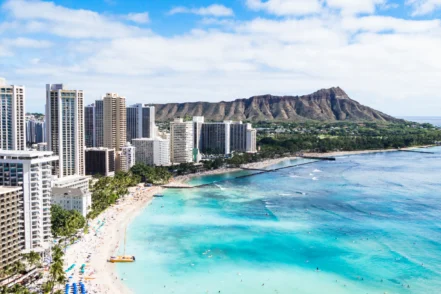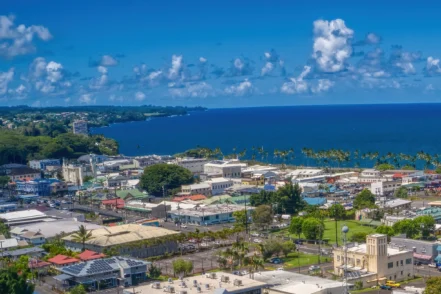Honolulu, HI Drug & Alcohol Treatment Centers
14 results nearby
Looking for help with addiction in Honolulu, HI?
Insurance
Treatment Programs
Looking for help with addiction in Honolulu, HI?

45-035 Kuhonu Place Kaneohe, Hawaii 96744

85-761 Farrington Highway, Suite 101 Waianae, Hawaii 96792

357 Waianuenue Avenue Hilo, Hawaii 96720

400 Hualani Street, Building 10-195-B Hilo, Hawaii 96720

297 Waianuenue Avenue Hilo, Hawaii 96720

1130 North Nimitz Hwy, Suite C-302 Honolulu, Hawaii 96817